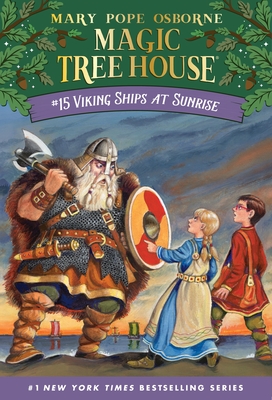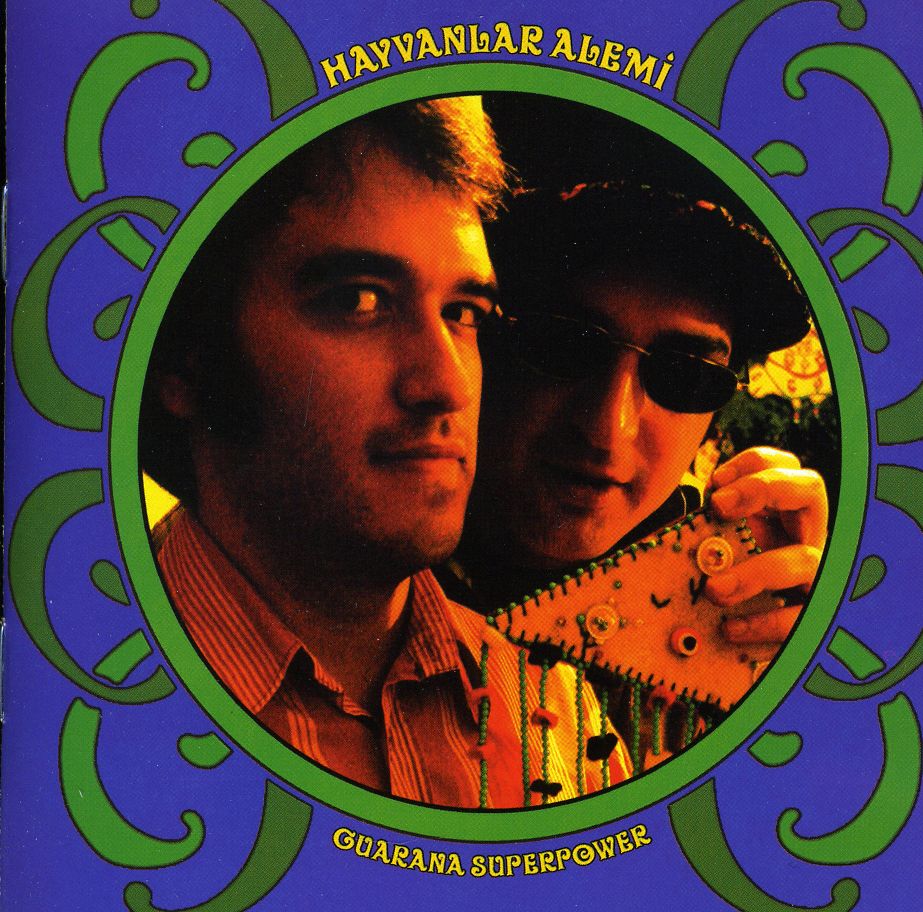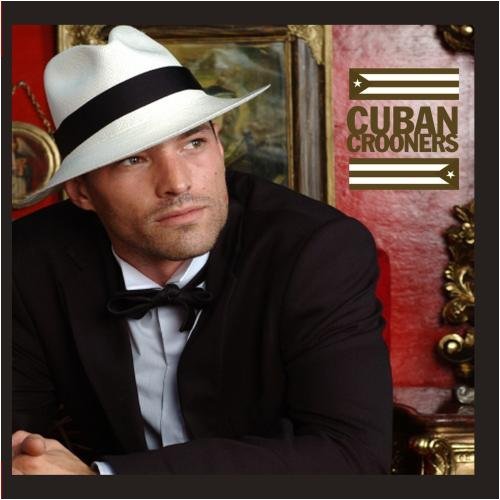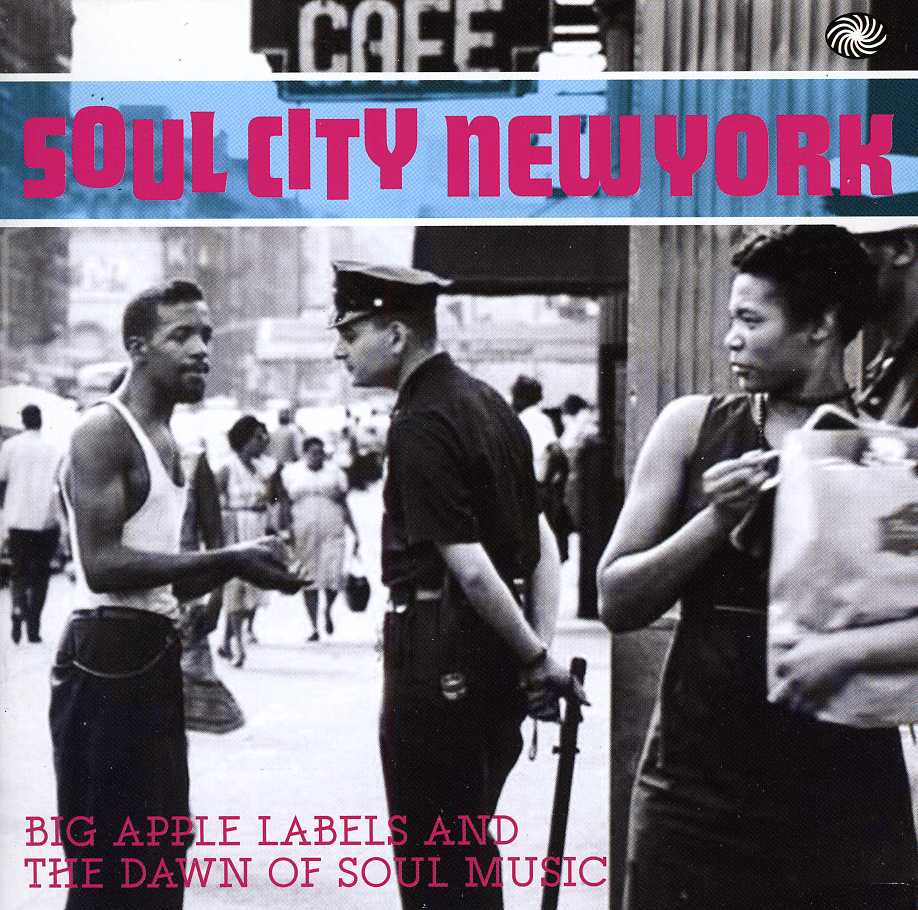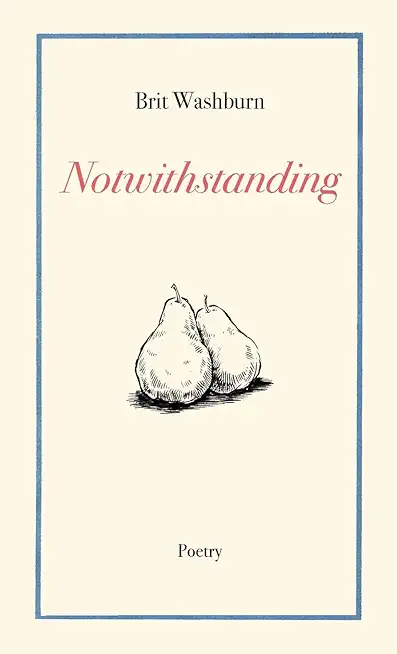
description
he would be like Vermeer, following a certain slant of illumination into a dimly lit interior, drawing our attention to the pear on the table, or the child's tiny curled hand. Here is a poetry of clarity and finely wrought detail, that never fails to render what is present, regardless of its tragedy or beauty, and insisting on both. The poems in Notwithstanding, hover, as the title suggests, between the presence of what is, despite that which is not. A lover whom we long for despite our leaving, the golden child we knew inside the troubled young man, the lives we build that fail to nurture us, what we ate, remembered, forgot to remember. Few poets venture into the shadows of romantic love and motherhood with the courage that Washburn brings, examining a decade of choices and their results with a clear-eyed measure. The language here is constantly pressing against the safe path, arguing for a life that is lived fully, tragically, joyously. What is the pleasure of now, these poems ask, the taste of ripe fruit, a child's embrace? And what if now is all we have?
member goods
No member items were found under this heading.
listens & views
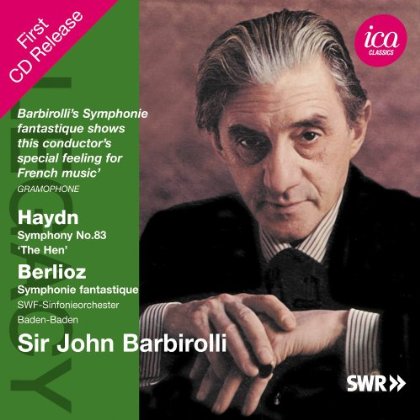
LEGACY: SIR JOHN BARBIROLLI
by HAYDN / BARBIROLLI / SWR SINFONIEORCH BADEN-BADEN
COMPACT DISC$14.49
Return Policy
All sales are final
Shipping
No special shipping considerations available.
Shipping fees determined at checkout.

